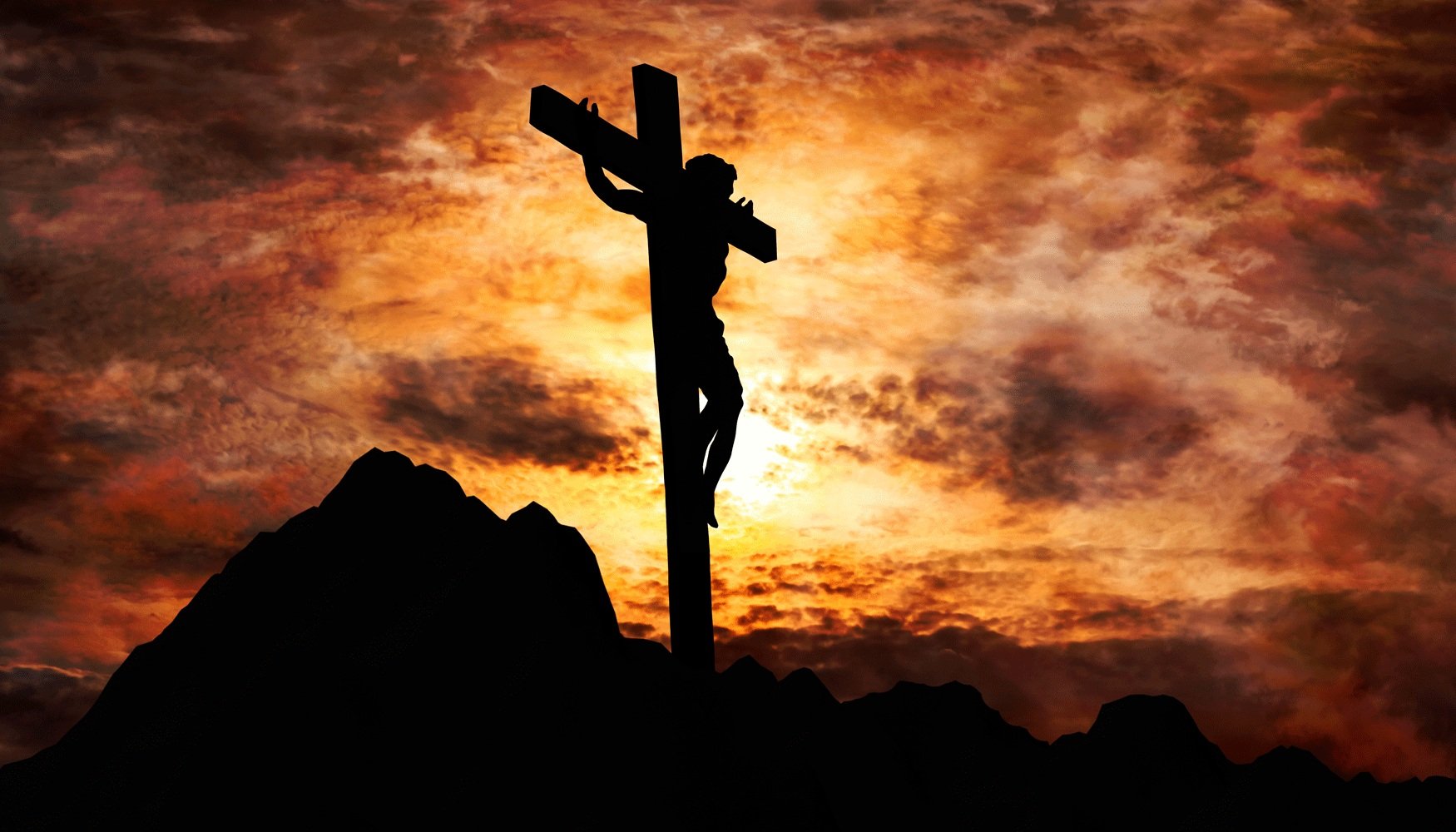“For God so Loved the world”
What is Christianity? How is Christianity different? How/Why/Should I become a Christian? Am I a Christian and is there even a God?
These are all great questions and my goal in this part of the site is to dive into my own belief while crying out like the father from Mark 9.24, “I do believe; help my unbelief!”
There is probably no better place to start the Christian journey than with doubt and unbelief? The foundation of belief needs to be strong. Really anything that is strong does not become strong through weak action or half hearted effort. The body is a great example. How do you get strong? By tearing your muscles apart over and over and over so that they can rebuild stronger and stronger and stronger. This process takes years. The same is true with the mind. You are essentially pruning (tearing apart) and creating new neuronal connections over and over when you are learning anything new. How do you develop your mind? With a lot of hard work, intentional practice, and years of focus.
The scientific method seeks to do the same thing. Your goal is to prove the hypothesis and reject the null hypothesis. How do you do this? Time, hard work, research, inquiry, experimentation, and observation of reality.
Unfortunately, modern science can only do a great job of observing and describing physical realities. There are physical (and metaphysical) limitations to our scientific understanding that lead all of us on a quest to find God. The pilgrimage to find God is universal. During this pilgrimage Christians often try to show God to the sceptic through apologetics, reason, rationalization, and instruction/action/service/example. This is the great commission outlined in Matthew 28.19-20.
Let’s read Matthew 28
“16 Now the eleven disciples went to Galilee, to the mountain to which Jesus had directed them. 17 And when they saw him they worshiped him, but some doubted. 18 And Jesus came and said to them, “All authority in heaven and on earth has been given to me. 19 Go therefore and make disciples of all nations, baptizing them in the name of the Father and of the Son and of the Holy Spirit, 20 teaching them to observe all that I have commanded you. And behold, I am with you always, to the end of the age.” ”
The end of the first book of the New Testament and Gospel ends with this paragraph. So interesting. Everyone gets all excited and goes straight to what Jesus said in the Great Commission but look at verse 17. These men knew Jesus, gave up their lives to follow him, and were chosen as the disciples of Jesus. They had seen miracles, driven out demons, and been on one wild ride with Jesus! He told them what was going to happen, they knew the prophecy, and then when it happened what did they do? Some doubted! Reading Matthew the first time you can’t help but think, “what a second. That’s it! You were there and that is all you write about the greatest, earth shattering event of all time.”
Fortunately, John elaborated on “Some Doubted” in John 20. The greatest of the Doubters was Thomas. Tim Keller gives a great sermon on doubt and Thomas. The Disciples saw Jesus after the resurrection without Thomas. They went back and told him what happened. “Unless I see in his hands the mark of the nails, and place my finger into the mark of the nails, and place my hand into his side, I will never believe.” Note that Jesus was not there when Thomas said this and then 8 days later Jesus asks him to do exactly what Thomas’ doubt required. Thomas then gives the greatest proclamation of belief in the New Testament.
Ὁ κύριός μου καὶ ὁ θεός μου.
“My Lord and My God!” The greatest proclamation of faith in the Gospels comes from the greatest doubter.
Jesus then says, “Blessed are those who have not seen and yet have believed.”
That’s it. That is the crux of salvation in Jesus Christ. We haven’t seen. We can’t pass our fingers through the holes in his hands but through our belief and faith we achieve salvation.
Okaayyy. I understand that but still have doubts. Great! Keep Reading! The next article is on: Where to Start Christianity
